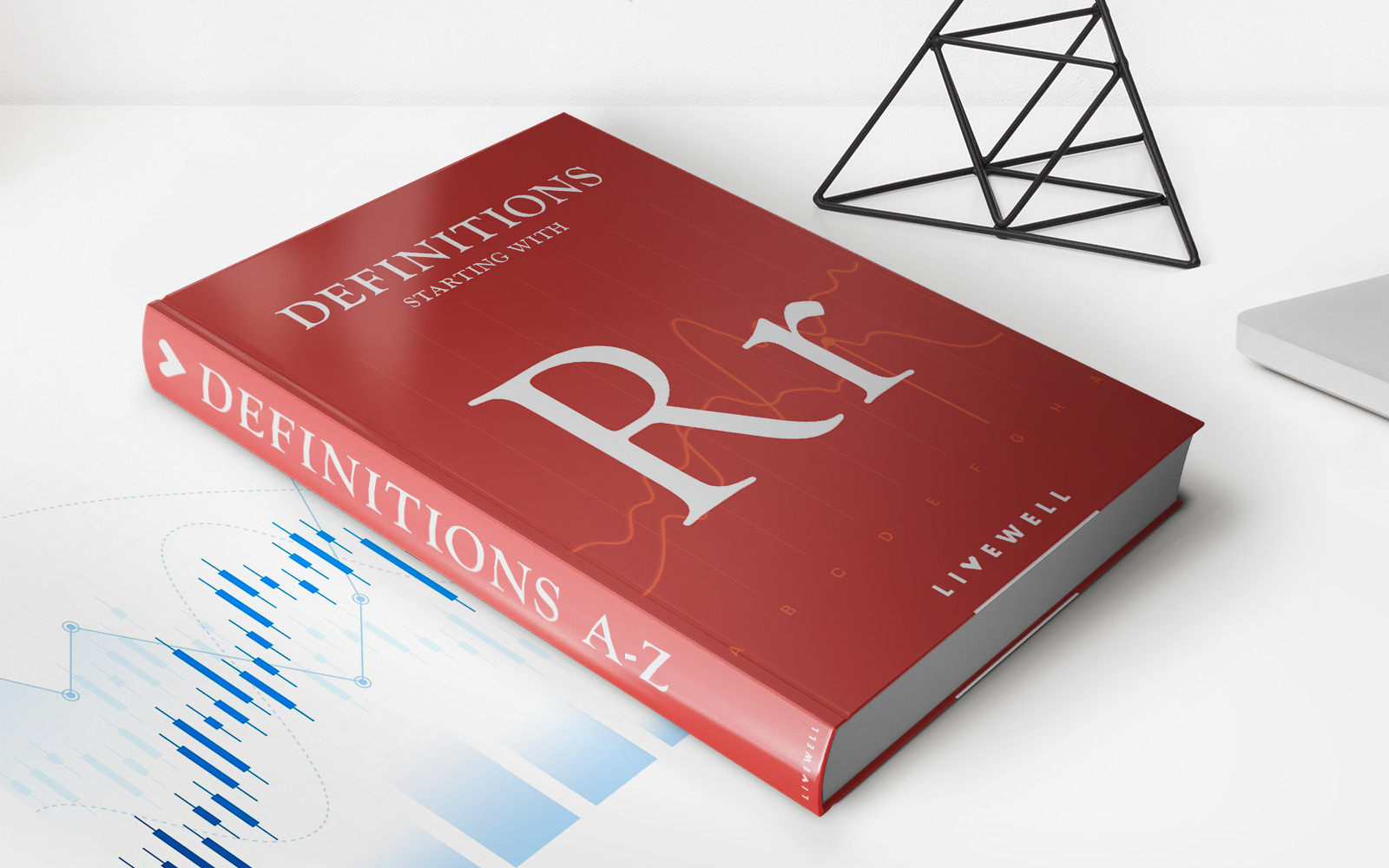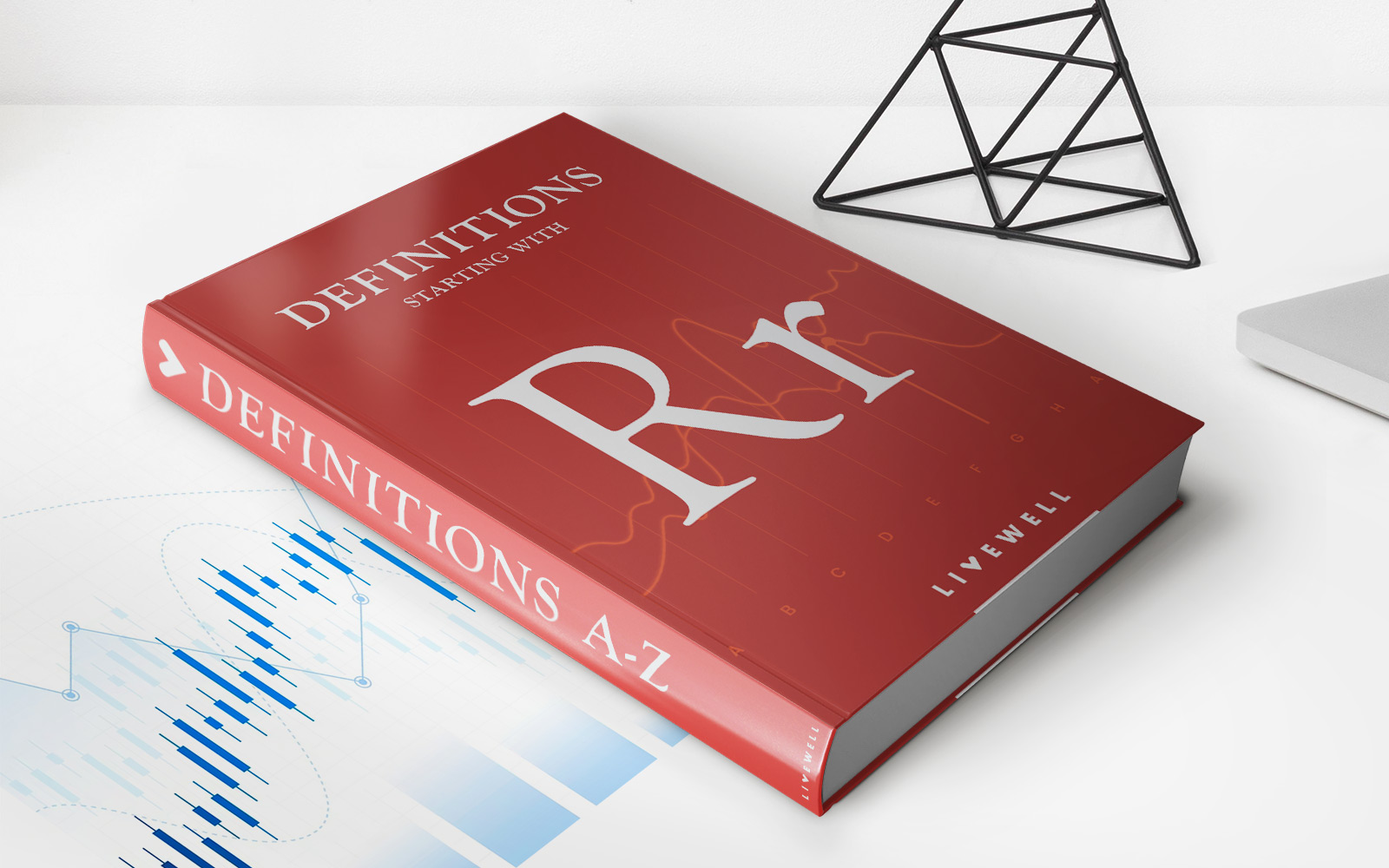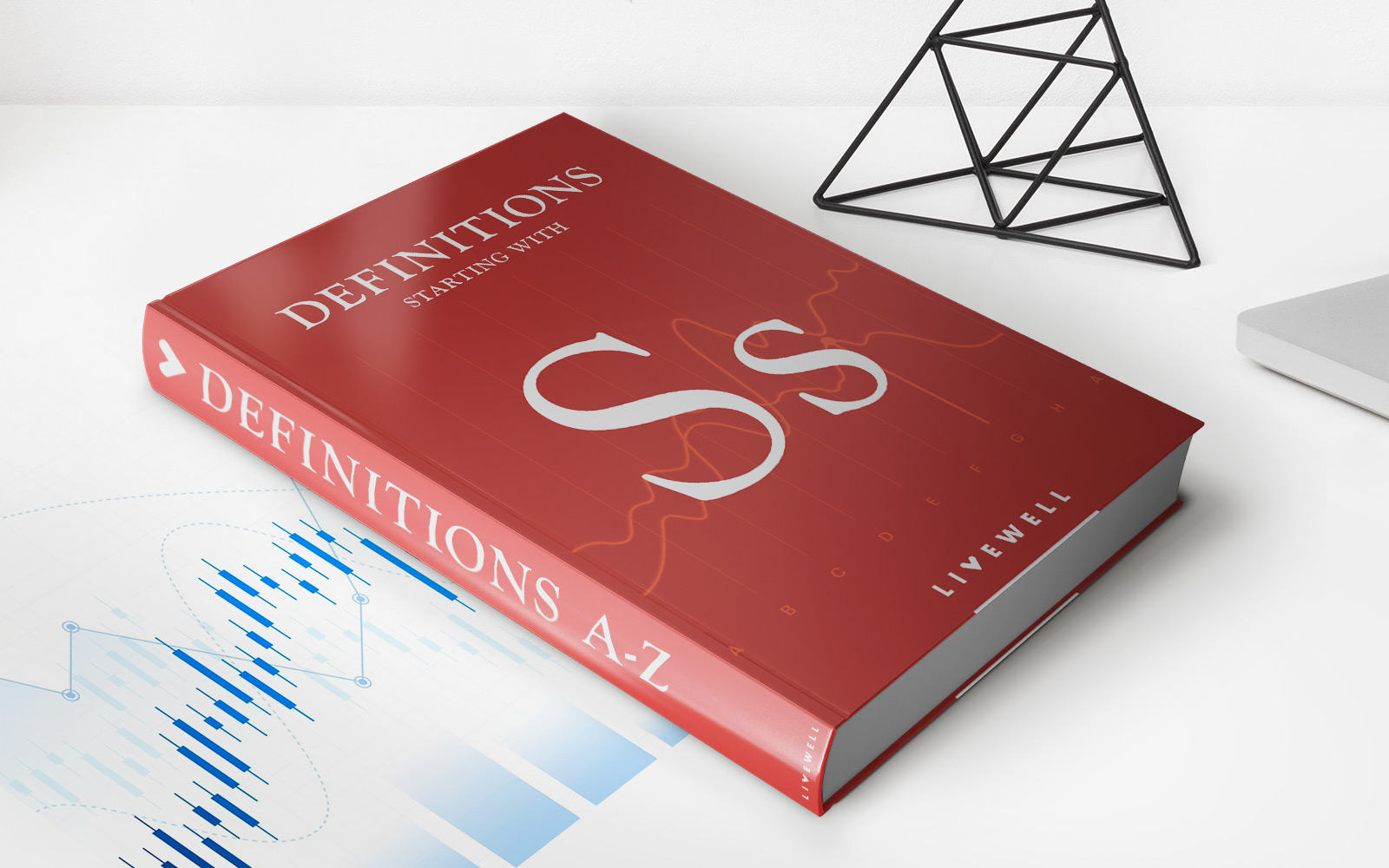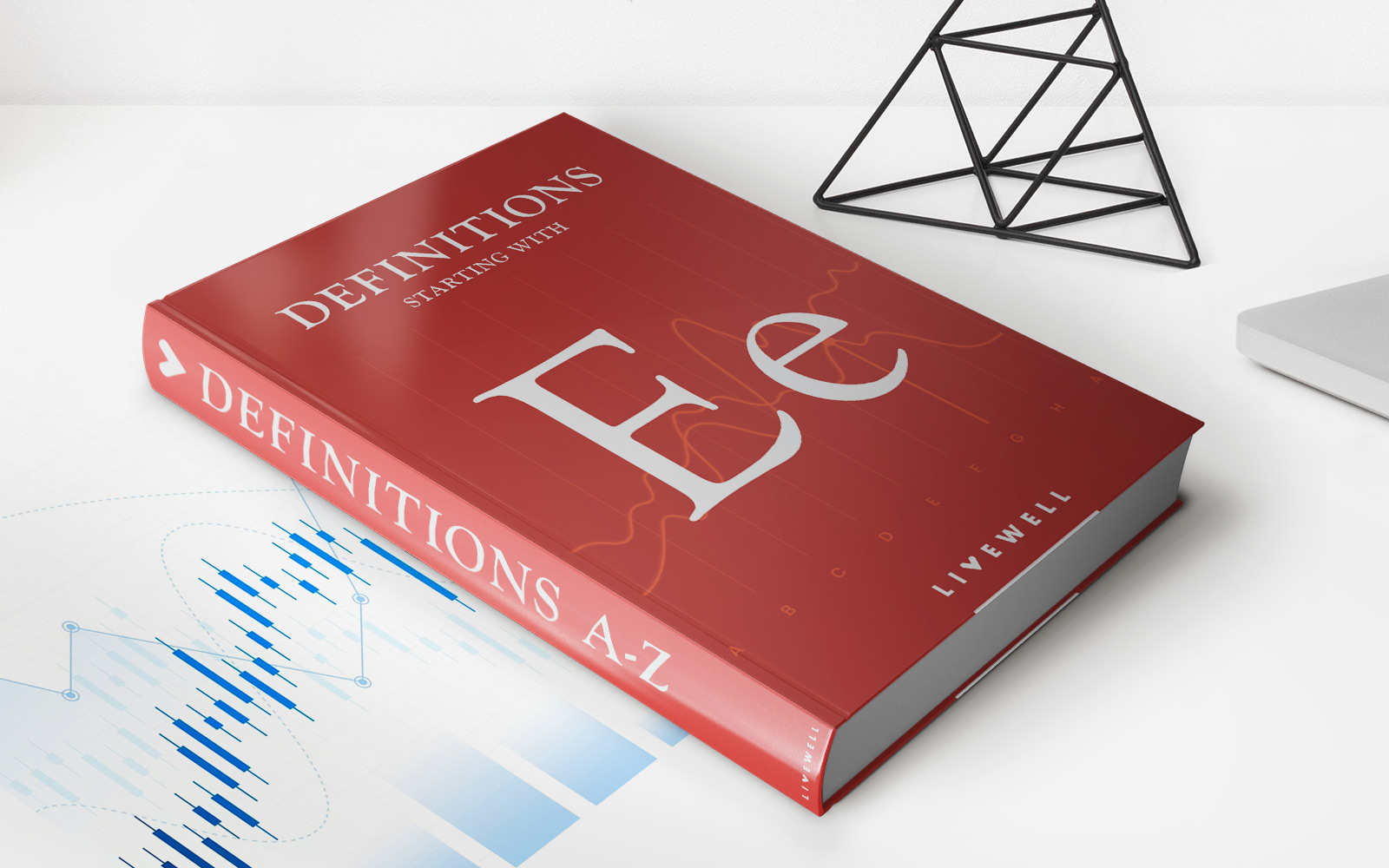Home>Finance>Quantum Computing: Definition, How It’s Used, And Example
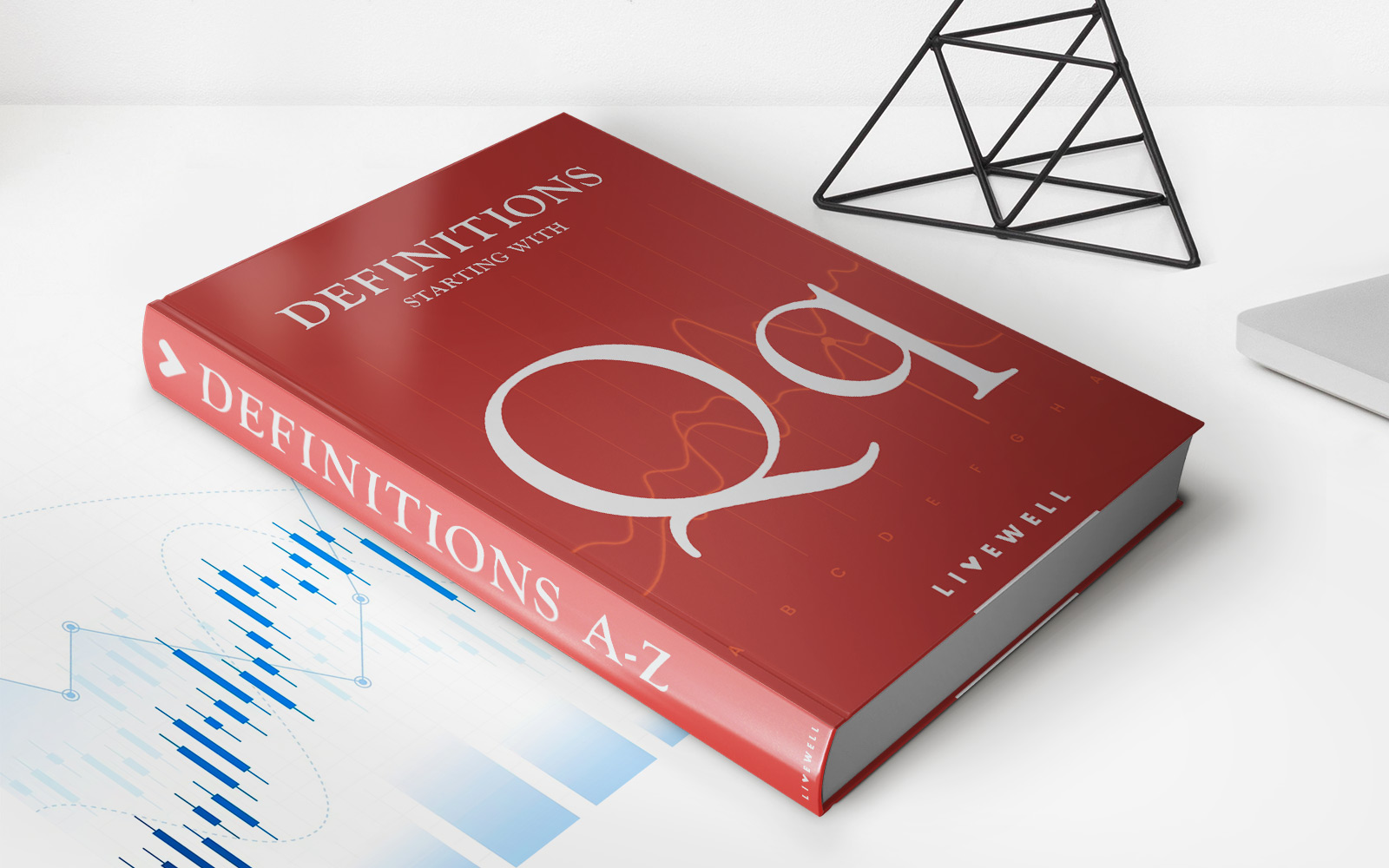

Finance
Quantum Computing: Definition, How It’s Used, And Example
Published: January 15, 2024
Discover how quantum computing is revolutionizing finance with its powerful capabilities and explore real-world examples of how it's being used in the financial industry.
(Many of the links in this article redirect to a specific reviewed product. Your purchase of these products through affiliate links helps to generate commission for LiveWell, at no extra cost. Learn more)
Unlocking the Power of Quantum Computing in Finance
Welcome to the fascinating world of quantum computing! In this blog post, we will explore the definition of quantum computing, how it is used in the field of finance, and provide an example to illustrate its incredible potential. So, fasten your seatbelts and get ready to dive deep into the quantum realm!
Key Takeaways:
- Quantum computing harnesses the principles of quantum mechanics to perform complex computations at an unprecedented speed.
- Quantum computing holds immense promise in various fields, including finance, where it can solve optimization problems, simulate market behavior, and enhance security measures.
But first, let’s unravel the mystery of quantum computing. Unlike classical computers that use bits to store and process information, quantum computers use quantum bits or qubits. These qubits can exist in multiple states simultaneously, thanks to a phenomenon known as superposition. This enables quantum computers to perform parallel computations and tackle complex problems in a fraction of the time it would take a classical computer.
So, how exactly is quantum computing applied in the realm of finance? Let’s delve into some of its exciting applications:
1. Optimization Problems:
Finance often involves solving optimization problems involving a vast number of variables, constraints, and data points. Quantum computers have the potential to revolutionize this process by quickly finding optimal solutions. For example, asset managers can use quantum algorithms to optimize portfolio allocations, taking into account various risk factors and investment goals.
2. Market Simulations:
The behavior of financial markets is complex and influenced by countless factors. Quantum computing can simulate and analyze market behavior in ways that classical computers simply can’t. This enables traders to anticipate market movements, develop better trading strategies, and minimize risks.
3. Enhanced Security Measures:
Finance is highly dependent on secure communication and encryption protocols. Quantum computing offers a potential solution by leveraging the principles of quantum mechanics to create unbreakable encryption schemes. The use of qubits for encryption ensures that any attempt to tamper with the information would cause a disturbance, thus notifying the parties involved.
Now, let’s dive into a real-life example of quantum computing in finance:
Example: Quantum Machine Learning for Fraud Detection
Fraud detection is a critical concern in the finance industry. Quantum machine learning algorithms can be employed to detect fraudulent activities with higher accuracy and speed. By mapping vast amounts of data onto qubits, quantum computers can identify patterns and anomalies that might go unnoticed by classical algorithms. This improves overall security and minimizes financial losses due to fraudulent transactions.
In conclusion, quantum computing has the potential to revolutionize the world of finance. By harnessing the power of superposition and entanglement, quantum computers can solve optimization problems, simulate market behavior, and enhance security measures. While quantum computing is still in its early stages, it holds immense promise for the future of finance. So, strap on your quantum seatbelt and get ready for a thrilling ride towards a quantum-powered financial world!

